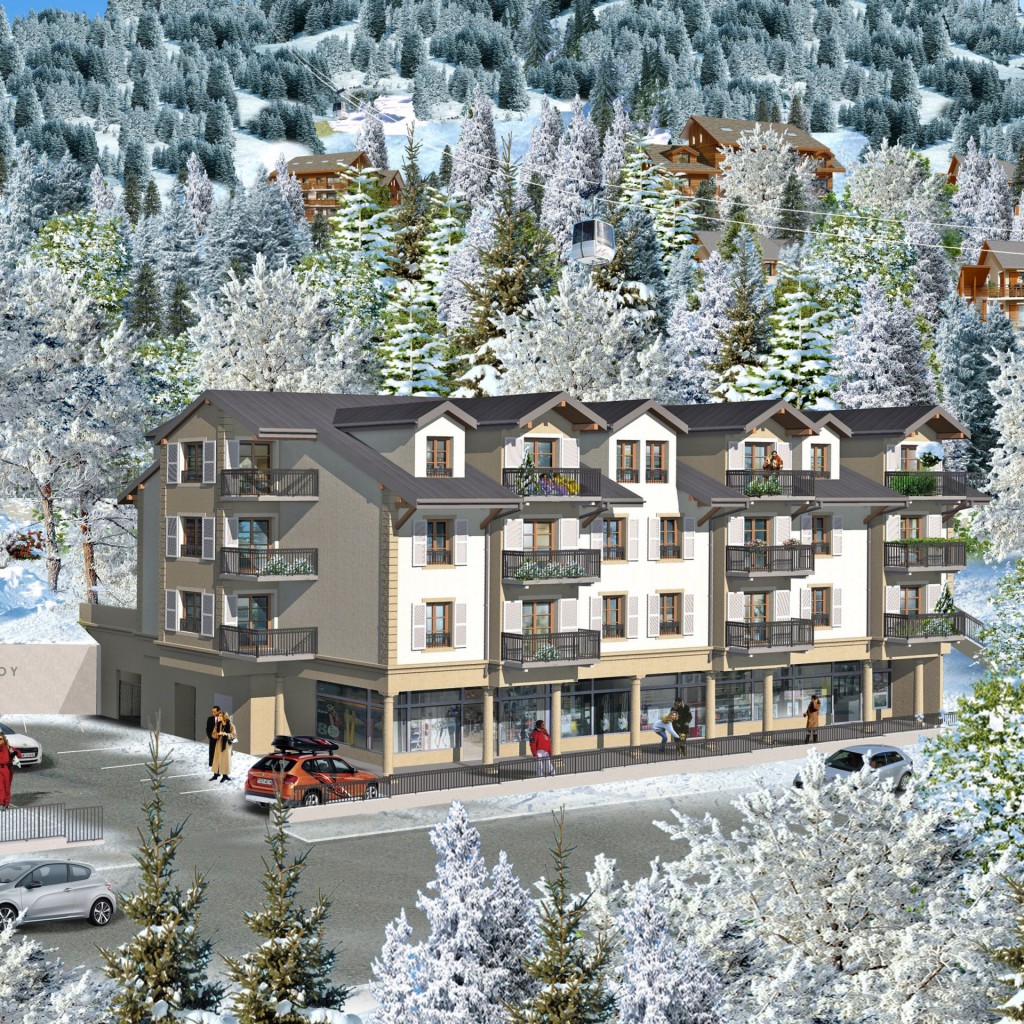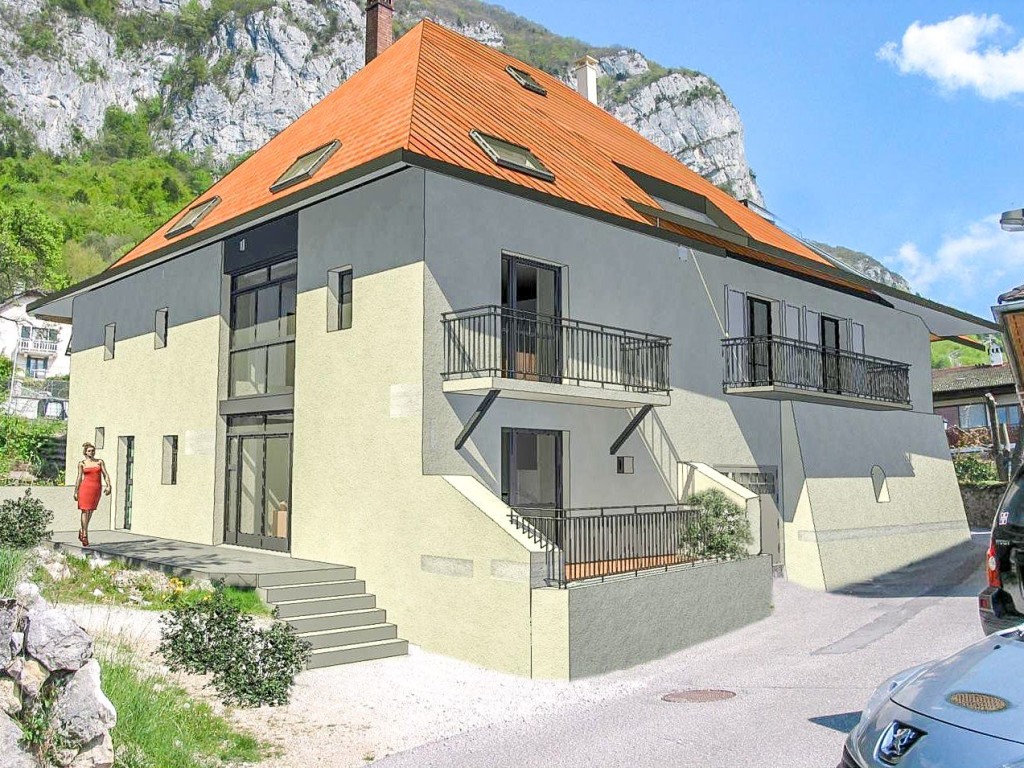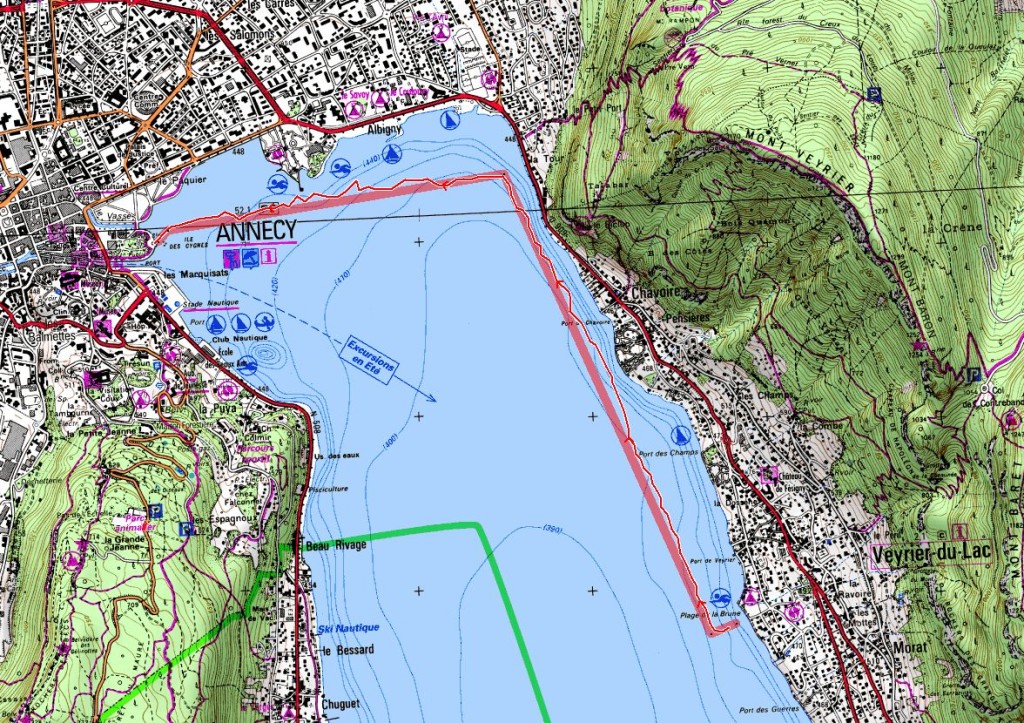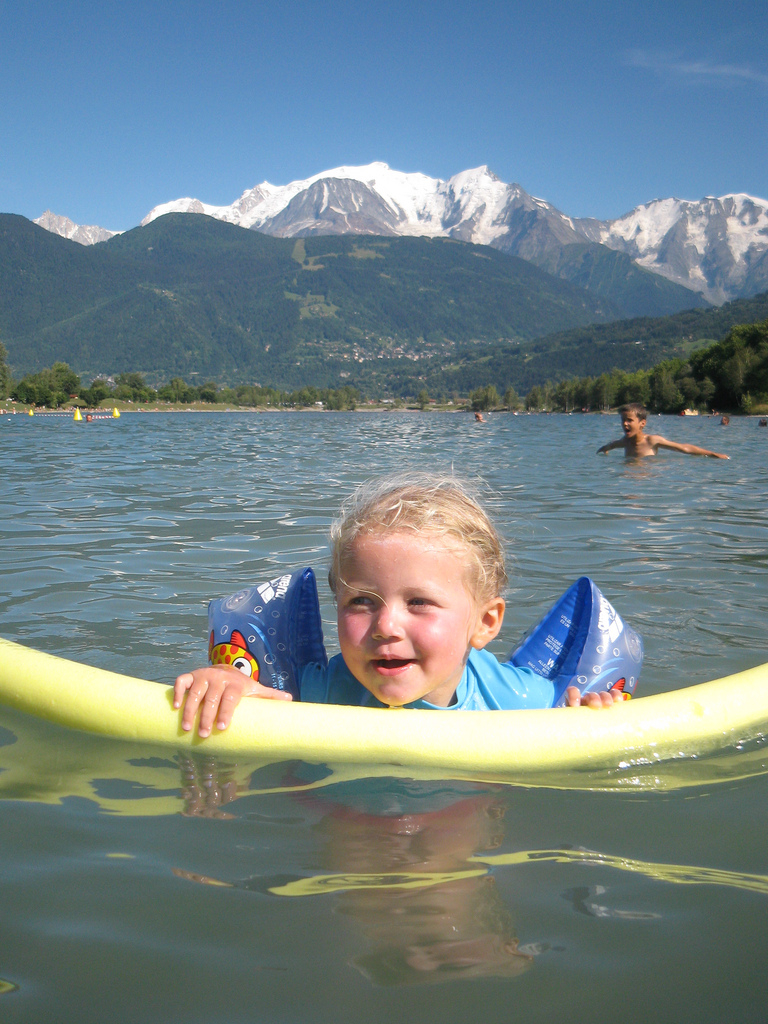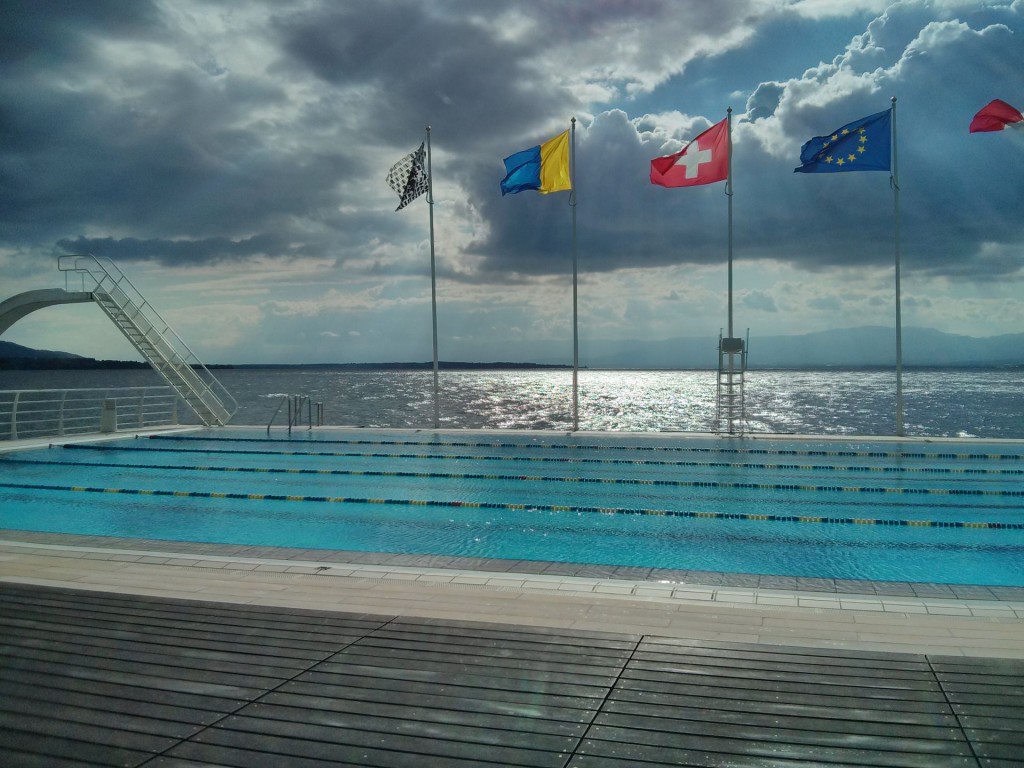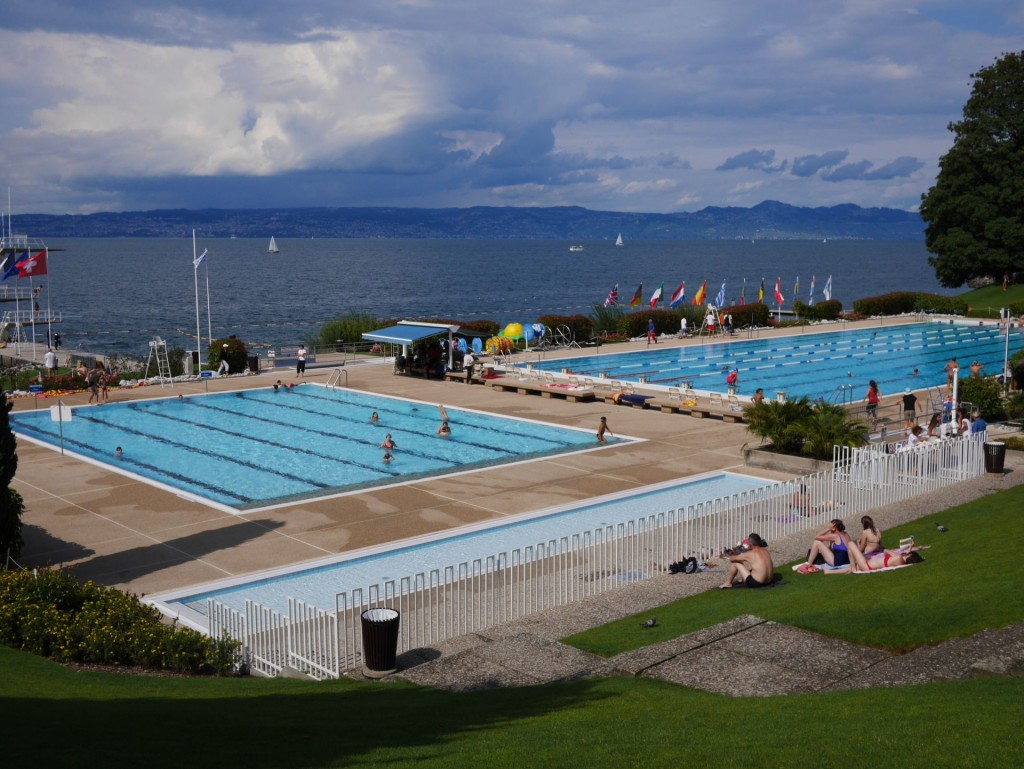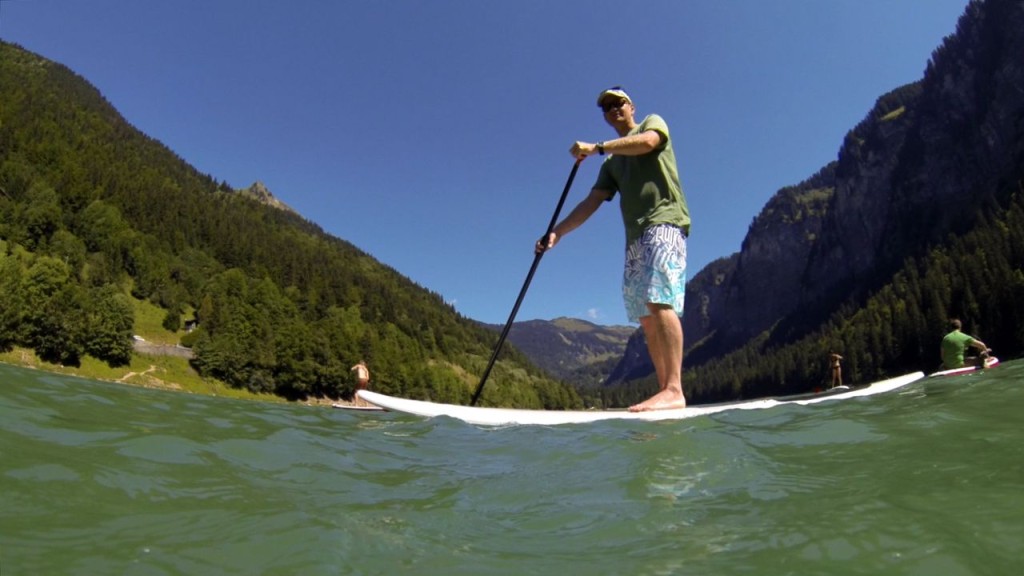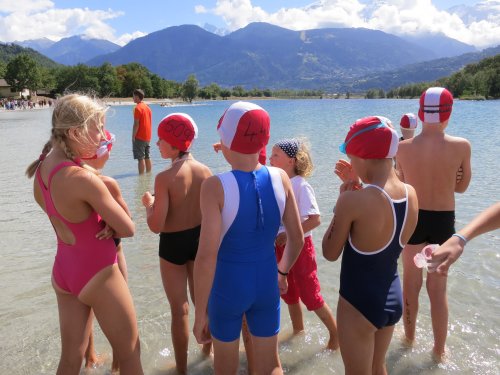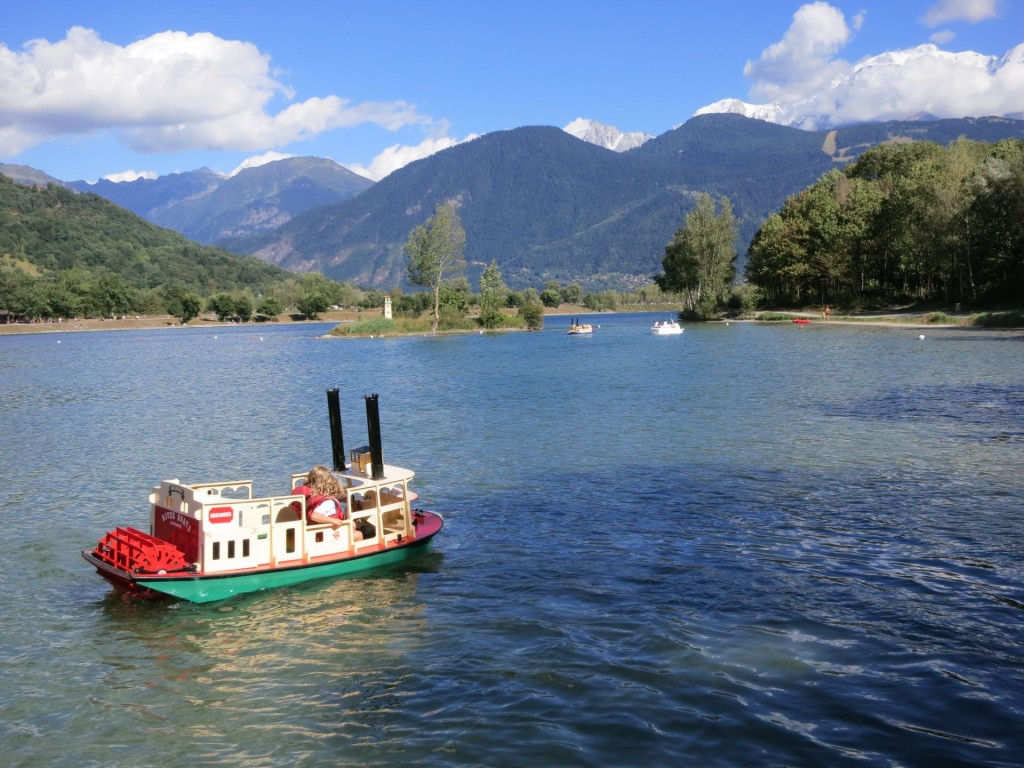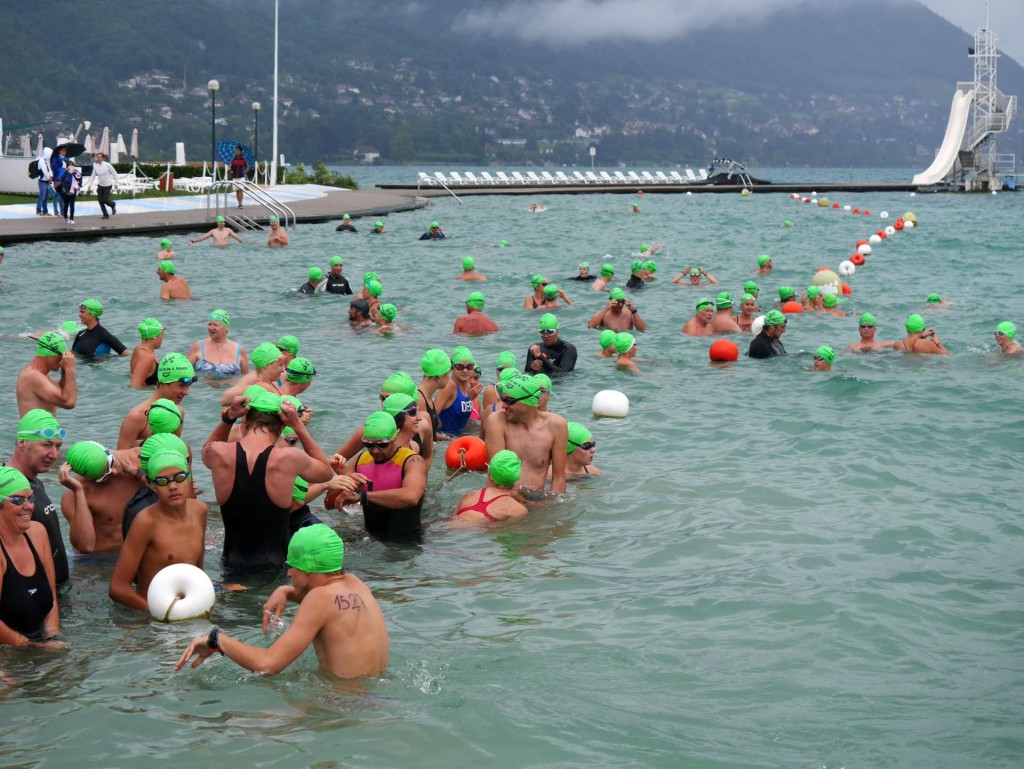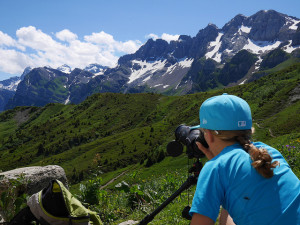How English speaking children cope with schooling in France is a frequent discussion amongst the foreigners living here. This shouldn’t be a surprise; schooling is often a hot topic in your home country, so wondering how your children will cope with the alien environment of a French school can be doubly stressful! Choosing which school to send your kids to is not so much of an issue, (in most of the areas we deal with there is just one school to choose from) it’s how your children can get the most from that one school that needs attention.
This is my opinion, it is based on fact (I have three children aged 8, 10 and 12 years), but it should probably not be quoted as gospel. I do seem to have to express it quite frequently though so I thought I’d publish it.
My kids have had the (massive) advantage of being born in France. In addition to this, and unusually, we took the decision to send them to a French childminder from age 1 until school started. (This facility is heavily subsidised and in our area was organised by the local ‘Relais des Assistantes Maternelles’ or RAM). This meant that my kids pretty much learnt the two languages together. BUT both my wife and I speak only English at home and, although we have both French and UK television we tend to gravitate towards the UK TV 95% of the time.
I’m not saying this to brag, just to give you an idea of how they are doing, they are average in the class for French, in most other subjects they are slightly above average. In the primary schools many English speaking children manage to follow the curriculum without too much difficulty. However if the basics of the language aren’t mastered by the time they start collège (secondary school) at the age of 11 it can become quite an issue. We’ve done some analysis and I think some (more) of the reasons our kids cope quite well are:
* We enrolled them in as many French run clubs and holiday activities etc. as we could. Here the kids are exposed to more ‘conversational’ French than in the school environment.
* My wife is a full-time Mum and speaks good French (mostly self-taught) so can help with their homework.
* We have a tutor who comes to the house once a week to fill in the gaps.
Even with these ‘extras’ the kids just about keep their heads above water on the schooling front. You shouldn’t expect much extra help from the schools either. Some do run remedial lessons for non-French speakers but only for an hour or so per week, and there is normally no classroom assistant to help them on a daily basis. Quite often any difficulties that your child might have will just be put down to the fact that they are not a native French speaker.
In fact I was talking about this yesterday with someone from Samoëns and another from Chamonix. Apparently can get a bit frosty on occasion in the Chamonix schools, they have had to deal with too many non-French speakers and it sounds like they are getting fed up now (this wasn’t reported in Samoëns). Of particular ire was the scene of an English parent picking their kids up from school whilst dressed in ski kit. You can imagine what the teachers think. There isn’t the same hostility where I live in St Jean d’Aulps, but the proportion of English speaking children in the three primary school classes is 25%, 30% and in one class 50%! You can perhaps understand a little why the French can feel put out.
So you’ve got a couple of options to think about. Either
“go native” and find somewhere “French”, or to head for somewhere like the
Annecy area that caters for the bi-lingual aspect of your childs education.
Go Native
So to try and avoid other English speaking kids at school. We have witnessed many new English speakers starting school who cling on to a small group of Anglophones in the class. It’s not exactly the language “immersion” many parents imagine before coming here. It slows progress significantly. Stay on top of the situation too; it’s hard work but if the first time you discover you child is struggling at school is in their end of term report you may well have a lot of ground to cover to sort the situation out.
With this in mind here are some suggestions for the predominantly French areas in the Haute Savoie.
Possibly Samoëns but in fact, on this subject, I think you will be better off further down the valley in Taninings or Mieussy.
The Annecy Options
It could be Annecy’s proximity to Geneva but there are now several options available to relocated families with bilingual kindergarten and primary schools such as
Ecole Bilingue de Haute-Savoie in Annecy and the
Mésanges Ecole Bilingue Montessori in Veigy. French secondary schools in the area are also starting to offer specialised classes for native English speakers and gifted French kids, seeing the benefits of having native English speakers in the school.
The bottom line is – schooling cannot be left to chance; which in fact is the same everywhere!

